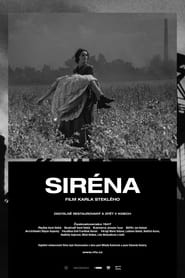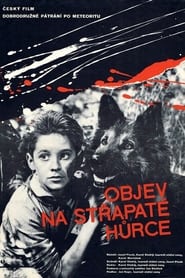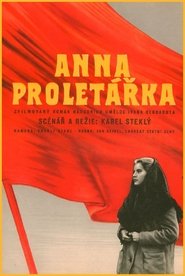detail profile josef ben c3 a1tsk c3 bd
Peran Yang Di Mainkan Josef Benátský
 Goodnatured and garrulous Schweik becomes the...
Goodnatured and garrulous Schweik becomes the...The Good Soldier Švejk 1957
Good-natured and garrulous, Schweik becomes the Austrian army's most loyal Czech soldier when he is called up on the outbreak of World War I -- although his bumbling attempts to get to the front serve only to prevent him from reaching it. Playing cards and getting drunk, he uses all his cunning and genial subterfuge to deal with the police, clergy, and officers who chivy him toward battle.
 Many of the young workers at...
Many of the young workers at...Victorious Wings 1951
Many of the young workers at an aircraft factory near Prague are members of an aviation club. On the one hand, there is the responsible Franta, who is highly regarded by his colleagues due to his understanding nature. Opposite him is the talented aircraft designer Ruda, who is also an excellent pilot, but also hotheaded, undisciplined and condescending towards his colleagues. He starts flirting with the glass grinder Lída, although he knows that she is Franta's girl friend. A conflict is not long in coming. When Franta's glider crashes due to a suspected mistake by Ruda, Ruda is banned for a certain period of time. This is fatal, because both young men were actually supposed to represent Czechoslovakia at the upcoming international gliding championships in Poland.
 In late 19th century Czechspeaking Bohemia...
In late 19th century Czechspeaking Bohemia...The Strike 1947
In late 19th century Czech-speaking Bohemia, oppressed workers at German-owned mines and foundries revolt against their harsh working conditions. Made shortly after World War II as Czechoslovakia was falling to communism, the film resonates in Czech resentment of the German occupation.


 The movie describes proletarian life in...
The movie describes proletarian life in...